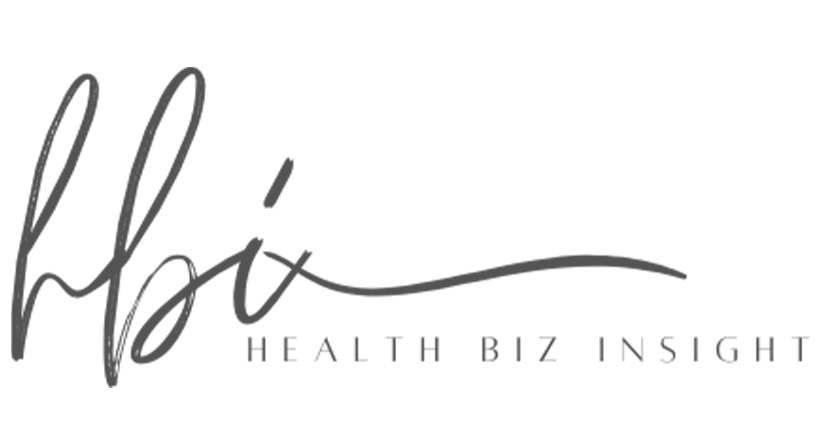
The healthcare industry is evolving rapidly, driven by technological advancements and shifting workforce expectations. The rise of telehealth and flexible work models has created a hybrid healthcare workforce, blending traditional in-person roles with remote opportunities. This transformation is reshaping not only how care is delivered but also how healthcare organisations attract, recruit, and retain top talent.
At Nexus Healthcare, we understand the complexities of recruiting in this new landscape. This article explores how healthcare hiring practices are adapting to the challenges and opportunities presented by a hybrid workforce.
Understanding the Hybrid Healthcare Workforce
A hybrid workforce combines in-person healthcare roles with remote and flexible positions, often facilitated by telehealth and digital tools. This model has emerged in response to patient demand for accessible care and employee demand for better work-life balance.
Key Features of a Hybrid Workforce
Telehealth Professionals: Virtual doctors, nurses, therapists, and administrative staff operating remotely.
Flexible Clinical Roles: On-site healthcare providers with flexible schedules or part-time remote shifts for documentation or patient follow-ups.
Digital Specialists: Health IT experts and data analysts who support telehealth infrastructure.
This hybrid model expands the talent pool by making healthcare roles more accessible to professionals seeking flexibility, but it requires strategic recruitment changes.
The Shift in Candidate Expectations
Today’s healthcare workforce prioritises different factors compared to previous generations. While salary and job stability remain important, new expectations are influencing recruitment.
What Candidates Value
Flexibility: Professionals prefer roles offering remote work, flexible hours, or hybrid schedules.
Career Development: Continuous learning, upskilling, and career advancement opportunities are highly sought after.
Technology Integration: Modern tools that streamline workflows and support telehealth operations are essential.
Workplace Culture: A supportive and inclusive environment is crucial, particularly in high-stress industries like healthcare.
By understanding these priorities, organisations can better tailor their recruitment strategies to attract top talent.
Recruitment Strategies for a Hybrid Workforce
Recruiting for a hybrid healthcare workforce involves more than advertising job openings. Organisations must adopt innovative approaches to meet the unique demands of this model.
1. Expanding Talent Pools
Hybrid roles enable employers to source candidates from a broader geographical area. Remote opportunities allow organisations to attract skilled professionals who cannot relocate.
2. Emphasising Flexibility in Job Descriptions
Job postings should highlight the flexibility offered—remote options, hybrid schedules, or adjustable hours—and explain how these roles balance patient care with employee wellbeing.
3. Leveraging Technology in Recruitment
Utilise applicant tracking systems and AI-powered tools to streamline hiring. Virtual interviews, digital skill assessments, and online onboarding simplify the process for remote and in-person roles.
4. Showcasing Organisational Culture
Promote your organisation’s values, mission, and culture through your website, social media, and recruitment materials. This attracts candidates who align with your goals.
By adopting these strategies, healthcare organisations can position themselves as desirable employers in a competitive market.
Training and Onboarding in a Hybrid Model
Recruitment doesn’t end with hiring. Effective onboarding is crucial in a hybrid healthcare workforce, requiring processes that cater to both in-person and remote employees.
Best Practices for Onboarding
Virtual Onboarding Tools: Platforms with interactive training modules, videos, and accessible resources for remote hires.
Mentorship Programmes: Pair new hires with experienced colleagues to build connections and transfer knowledge.
Clear Communication Channels: Use video conferencing, messaging platforms, and shared calendars to keep hybrid teams connected.
Comprehensive onboarding ensures new hires feel supported and prepared, regardless of location.
Retention Strategies for a Hybrid Workforce
Recruiting top talent is only part of the equation. Retaining skilled professionals requires tailored strategies for a hybrid workforce.
Key Retention Tactics
Support for Remote Employees: Provide necessary technology, training, and regular virtual check-ins to keep remote workers engaged.
Work-Life Balance Initiatives: Offer wellness programmes, mental health support, and flexible schedules to prevent burnout.
Recognition and Incentives: Celebrate achievements through virtual and in-person events, and offer performance-based rewards.
Professional Development: Invest in upskilling opportunities like certifications in telehealth or training on emerging healthcare technologies.
By creating an environment where employees feel valued and supported, organisations can reduce turnover and build a resilient workforce.
How Nexus Healthcare Supports Your Recruitment Needs
At Nexus Healthcare, we recognise the challenges of recruiting for a hybrid workforce. Our expertise helps organisations navigate this transformation to attract and retain top talent.
Our Approach to Recruitment Support
Customised Strategies: We tailor recruitment plans to align with your organisation’s goals and culture.
Targeted Campaigns: Using advanced tools and market insights, we design campaigns to reach ideal candidates.
Technology Integration: We assist in implementing digital tools to streamline hiring.
Employer Branding: Enhance your organisation’s reputation with strategic marketing and compelling design.
Ongoing Support: We provide guidance on onboarding, training, and retention strategies to help you build a successful hybrid workforce.
With our collaborative approach, your recruitment efforts will align with the unique demands of hybrid healthcare.
The Future of Healthcare Recruitment
As technology evolves, recruitment strategies must adapt. Key trends shaping the future include:
AI-Driven Hiring: AI will play a greater role in matching candidates with roles based on skills, preferences, and cultural fit.
Soft Skills Emphasis: Hybrid roles will prioritise adaptability, communication, and self-motivation.
Diversity and Inclusion: Building diverse teams that reflect the communities served will become increasingly important.
By staying ahead of these trends, healthcare providers can remain competitive in attracting and retaining top talent.
Conclusion
The hybrid healthcare workforce is reshaping recruitment practices, requiring organisations to embrace flexibility, technology, and innovation. By adapting strategies, healthcare providers can attract top talent, support employee wellbeing, and deliver exceptional care.
At Nexus Healthcare, we are dedicated to helping organisations navigate this transformation. From crafting customised recruitment campaigns to supporting retention, we partner with you to build a workforce that meets the challenges of tomorrow. Let us help you find the right people to drive your organisation forward.






